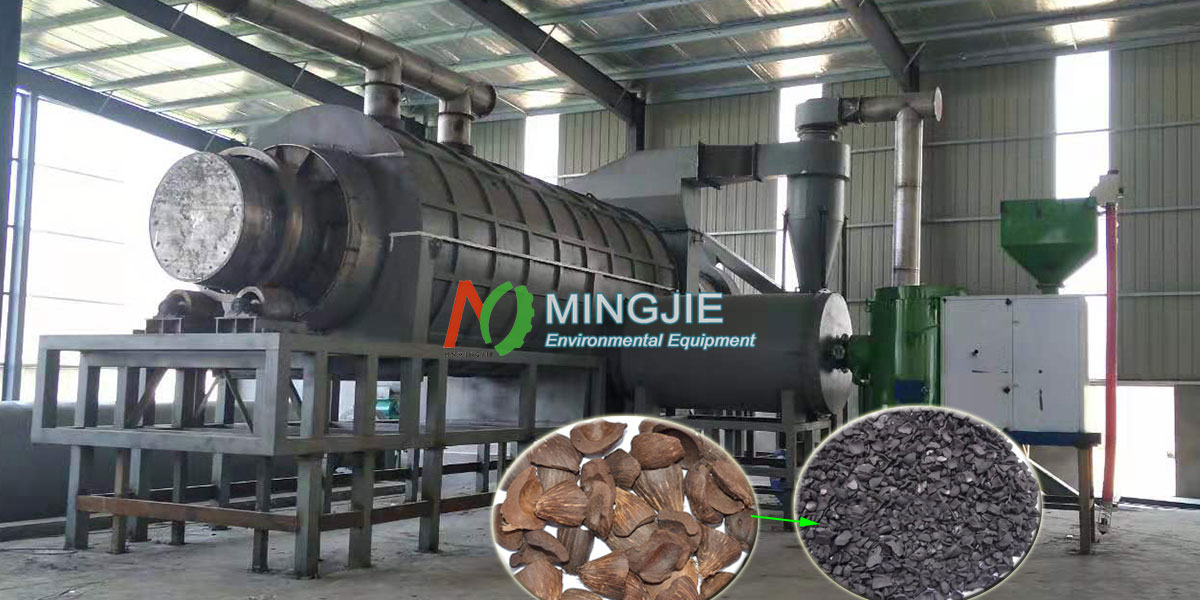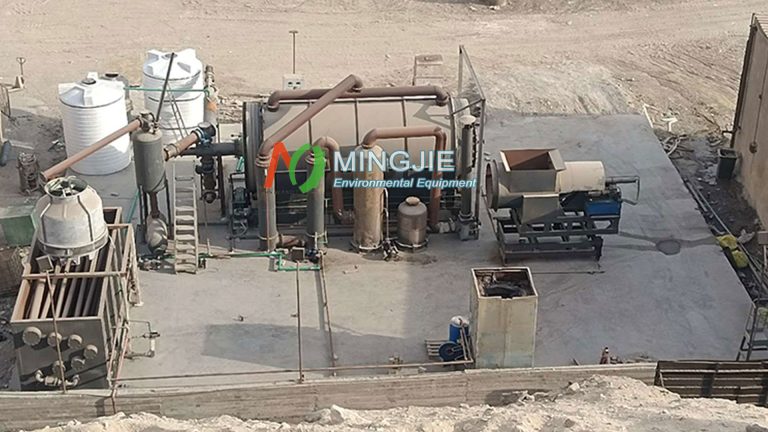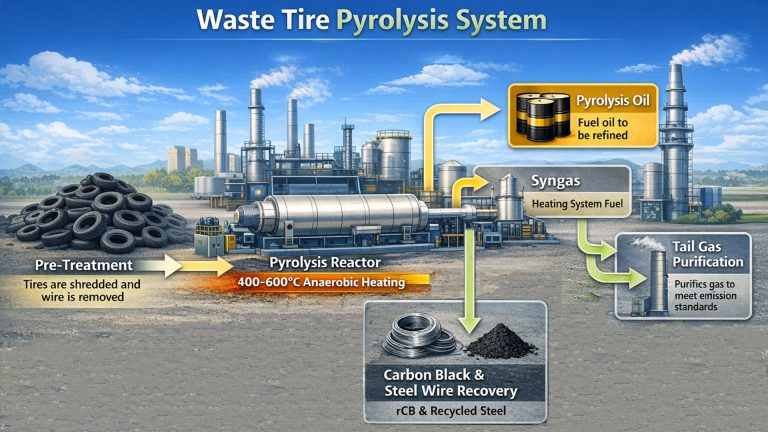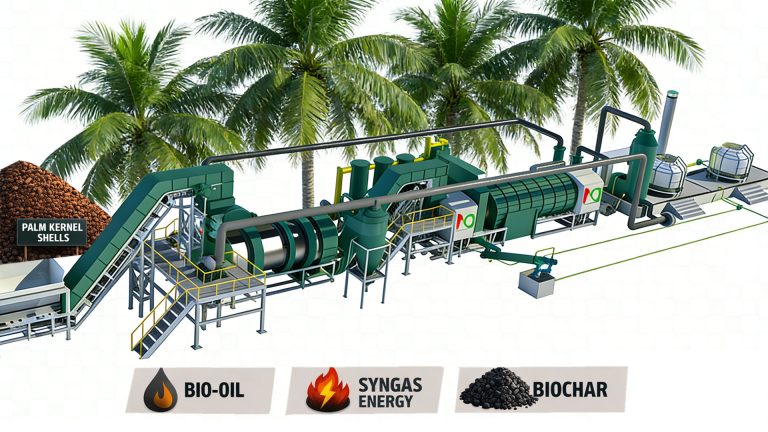Currently, Mingjie palm kernel shell charcoal machine is gradually gaining market share, with its popularity steadily increasing. Southeast Asia, with its abundant palm oil resources, has become a core application area for biochar making machines.
Indonesia and Malaysia are the world’s leading palm oil producers. Their vast production of palm kernel shells provides ample raw material for biochar machines. In Indonesia alone, annual palm kernel shell production reaches millions of tons.
Many biochar making companies have purchased biochar production equipments, forming a relatively mature industry chain. In these regions, these palm kernel shell charcoal machines serve the internal resource recycling needs of large palm oil processing companies. They also support the development of numerous small and medium-sized enterprises focused on palm kernel shell biochar making.
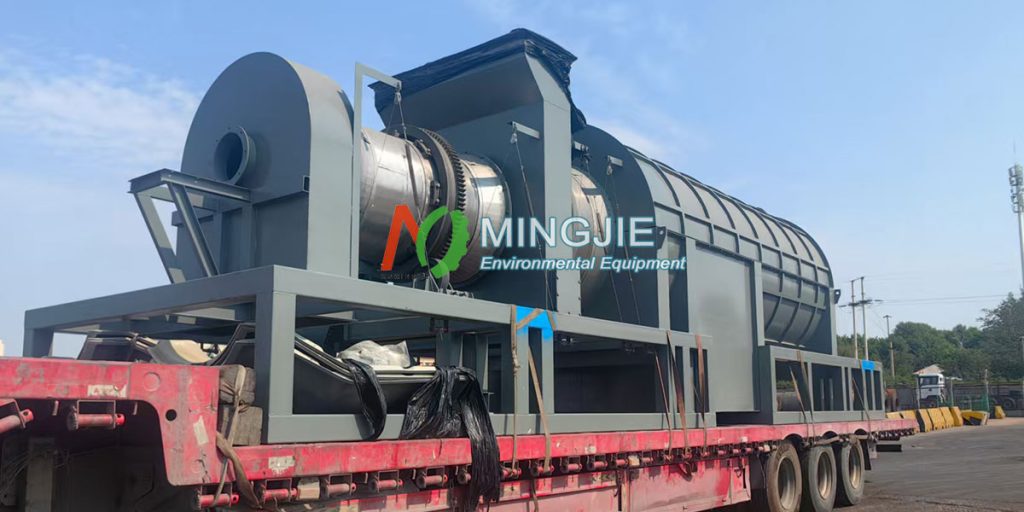
In terms of industrial applications, the agricultural sector is a significant source of demand for palm kernel shell charcoal machines. As a soil conditioner, biochar can effectively improve soil structure and increase crop yields. Palm kernel shell biochar is favored by farmers and agricultural companies, driving the expansion of machines in the agricultural market.
The energy industry has also shown strong interest in biochar machines. Biochar can be used as a solid fuel for power generation and heating. Some energy companies have begun introducing machines and establishing biochar production bases. Palm kernel shell charcoal machines are used to supplement traditional energy supplies and meet the growing demand for clean energy.
Application of Biochar Produced by Palm Kernel Shell Charcoal Machine
Application of Palm Kernel Shell Charcoal in Agriculture
In agriculture, palm kernel shell charcoal machine produce High-Value Biochar. It has rich porous structure, effectively improves soil texture, creates an excellent environment for crop growth.
For heavy clay soils, it increases the spaces between soil particles, improving aeration and water permeability, allowing roots to breathe freely. In sandy soils, biochar enhances soil cohesion, improves soil water and fertilizer retention, and reduces nutrient and water loss.
Research data shows that after 3-5 years of continuous biochar application, soil porosity can increase by 10%-15% and soil bulk density can decrease by 8%-12%. Palm kernel shell charcoal creates a loose, suitable physical environment for crop root growth.
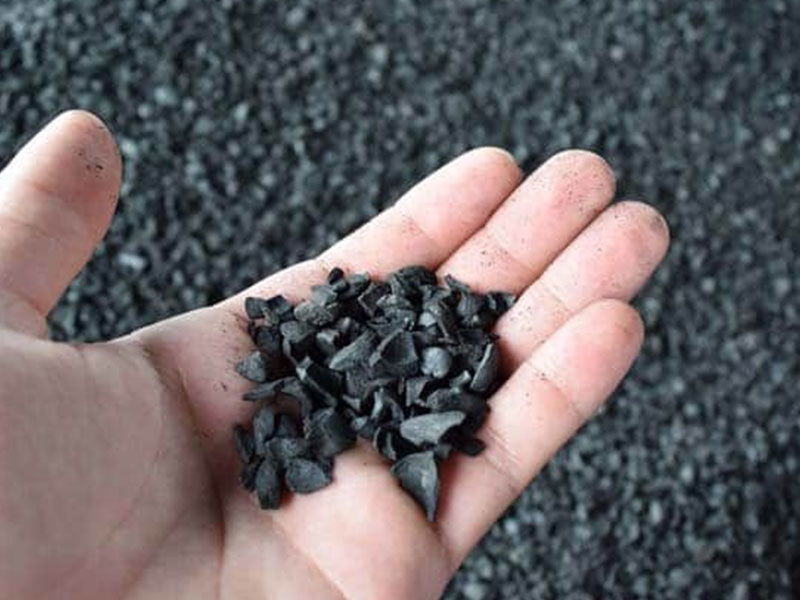
The palm kernel shell biochar also performs well in improving soil fertility. It contains a certain amount of mineral elements such as nitrogen, phosphorus, and potassium, which are slowly released to provide nutrients to crops.
More importantly, biochar’s powerful adsorption capacity can immobilize nutrient ions in the soil, such as ammonium nitrogen and phosphate ions. This reduces their loss through leaching or volatilization, significantly improving fertilizer utilization.
Agricultural experiments have shown that farmland treated with biochar can increase fertilizer utilization by 20%-30%, reducing fertilizer use while lowering agricultural production costs and environmental pollution.
Biochar production by palm kernel shell charcoal machine can also regulate soil pH. In acidic soils, it neutralizes acidic substances, raising the soil pH and making the soil environment more suitable for crop growth.
The palm kernel shell charcoal also optimizes soil microbial activity and community structure. It provides a habitat for beneficial microorganisms, promotes their reproduction and metabolism, and further enhances soil fertility.
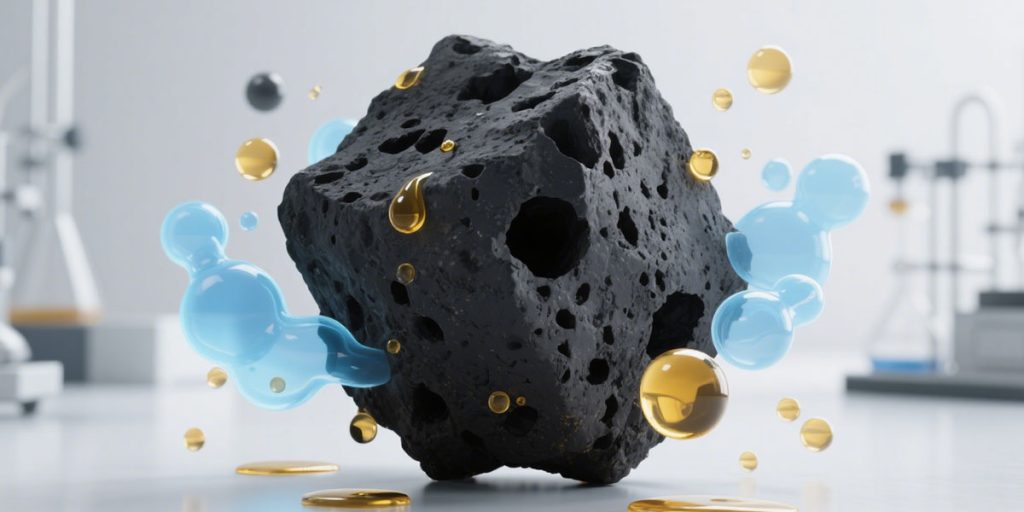
Application of Palm Shell Biochar in Environmental Protection
Palm kernel shell biochar plays an important role in wastewater purification and waste gas adsorption.
In wastewater purification, the porous structure and abundant surface functional groups of palm kernel shell biochar give it powerful adsorption capacity, effectively removing a variety of pollutants from wastewater.
Research has shown that biochar can adsorb over 90% of some common dyes, significantly reducing wastewater color. When treating heavy metal-contaminated wastewater, biochar exhibits excellent adsorption and removal of heavy metal ions such as lead, cadmium, and mercury. Its adsorption rate typically reaches 80%-90%, reducing the harm of heavy metals to water bodies and the ecological environment.
Palm kernel shell biochar can also serve as a microbial carrier, promoting the decomposition and metabolism of organic matter in wastewater. In practical applications at some wastewater treatment plants, the introduction of biochar has increased chemical oxygen demand (COD) removal by 15%-20% and ammonia nitrogen removal by 10%-15%. Palm kernel shell biochar effectively improves effluent quality, making it easier to meet discharge standards.
Biochar production by palm kernel shell charcoal machine can be used to treat harmful gases in industrial wastewater. Biochar absorbs and fixes acidic gases such as sulfur dioxide and nitrogen oxides, thereby reducing acid gas emissions and lowering the risk of environmental problems such as acid rain. Biochar also excels in treating volatile organic compounds (VOCs). Palm kernel shell charcoal can physically absorb VOCs such as toluene, xylene, and formaldehyde from the air, reducing indoor and outdoor air pollution and improving air quality.

